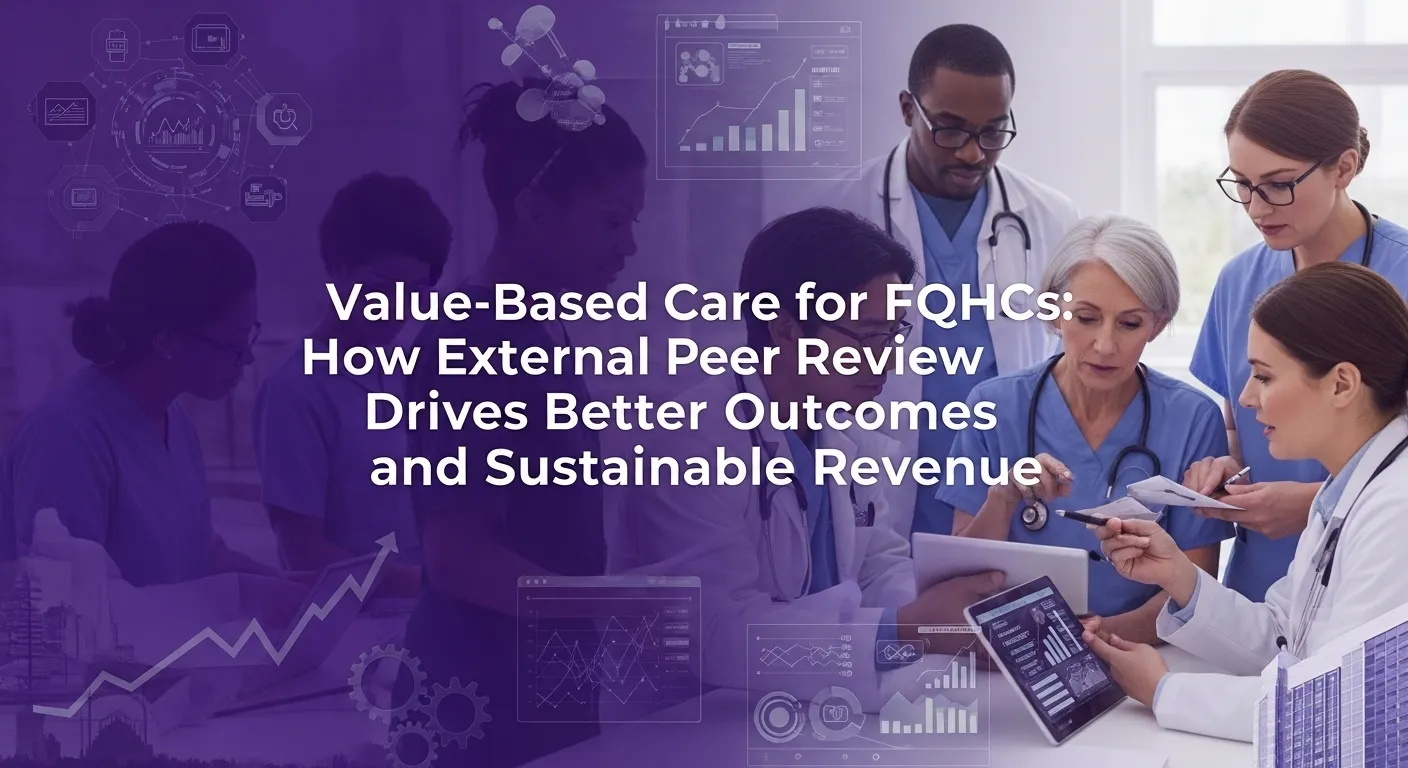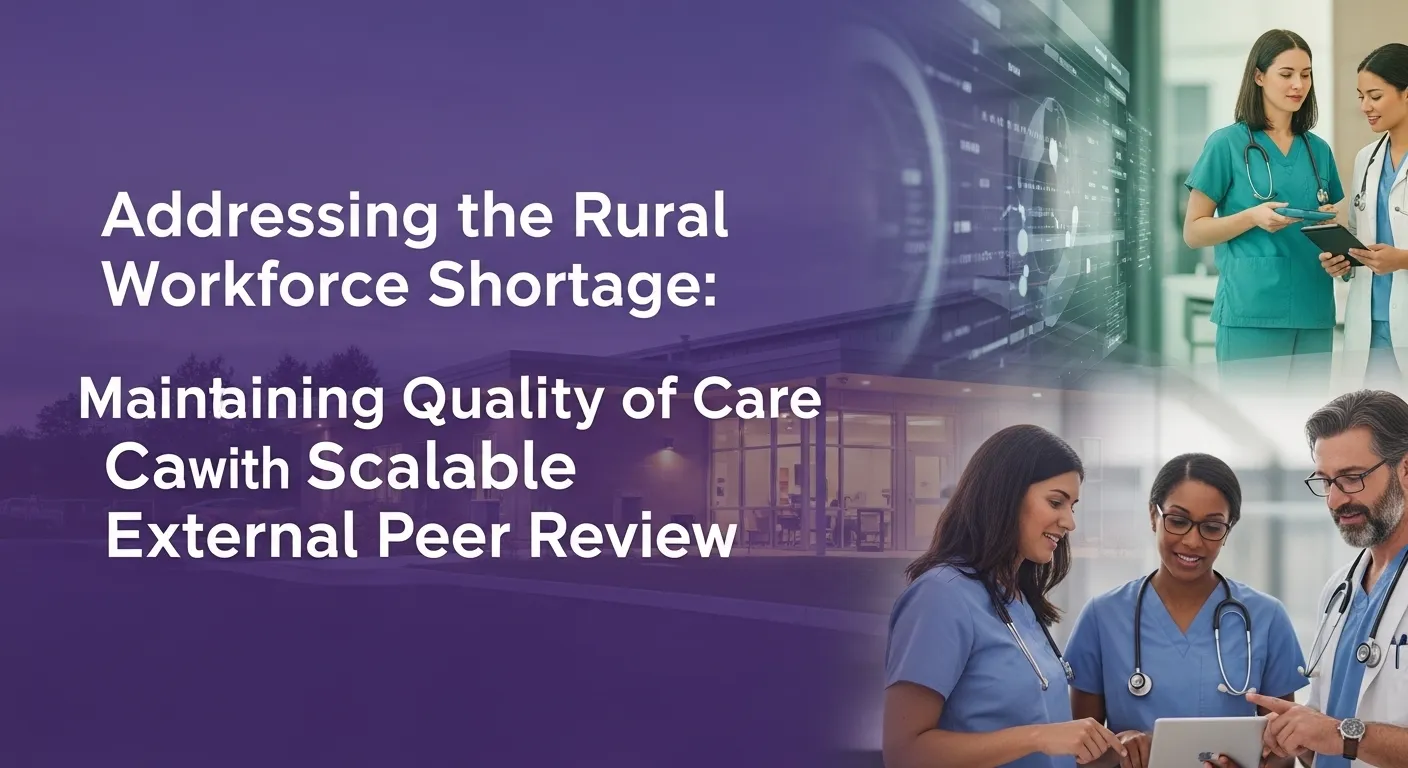
Table of Contents

AI in Workers' Compensation
AI Can Help Attorneys Supercharge Workers’ Compensation. Read How to Get Started.
Law firms have undergone rapid modernization over the past five years, fueled by COVID remote work requirements and maturing technologies. Thought leaders debated whether one of these technologies, AI, is ready for the courtroom. However, AI shows no signs of stagnation as it is already helping thousands of lawyers regularly. Here are some of the ways law firms use AI to streamline workers comp, along with the risks of the technology.

California Defense Firm Wai, Connor & Hamidzadeh implemented Foundation AI to improve record organization. According to a press release in Work Comp Central, the firm began leveraging Foundation AI’s Extract Filer product to promising results. Managing Partner Greg Connor said they are seeing AI organization's benefits after just one week of use.
Workers’ compensation claims depend on excellent document organization since missing or inconsistent paperwork results in the denial of benefits or coverage. Additionally, Arizona attorney Robert Wisniewski told Medplace that many work comp claimants are not used to handling large quantities of paperwork and may make mistakes. Proper organizational tools avert these issues and enable lawyers to shorten claim life cycles.
Law firms interested in using cutting-edge technology should consider outcome prediction software. Tech-savvy law firm Erwin McCane and Daly described outcome prediction as a tool to help attorneys make decisions.

When an injured worker asks their attorney if they should settle, the answer will be one that is based on evidence, not just a gut feeling. AI sifts through years of relevant data and case files to provide a quality answer.
Risks
Some attorneys may feel uncomfortable with an algorithm helping make a decision for their client, sharing reluctance to adopt the new tech with the majority of lawyers. According to the American Bar Association's 2020 Legal Technology Survey Report 35 percent, said they chose not to use AI tools because they do not trust it. Ultimately, law firms must make a decision based on what works for them and if the benefits outweigh the risk.
Medplace to Accelerate Workers' Compensation
If law firms decide not to make use of AI, there are other ways to leverage technology to streamline the claims process. For example, Medplace’s IME platform allows law firms to schedule medical experts with automated billing, contracts, and records organized by staff with clinical experience.

Value-Based Care for FQHCs: How External Peer Review Drives Better Outcomes and Sustainable Revenue
Medplace external peer review helps FQHCs thrive in value-based care. Gain objective insights, cut compliance risk, reduce admin burden, and boost quality, provider satisfaction, & revenue.
.png)
.png)

Addressing the Rural Workforce Shortage: Maintaining Quality of Care with Scalable External Peer Review
Combat rural healthcare shortages and maintain quality with scalable external peer review. Medplace offers objective, specialty-matched reviews, reducing burden and ensuring compliance.
.png)
.png)

Unlocking Rural Health Transformation Grants: Leveraging Peer Review for Measurable Quality Outcomes
Medplace's external peer review transforms rural health grant applications. Objective, specialty-matched insights enhance documentation, compliance, and measurable quality outcomes.
.png)
.png)



.png)
.png)
.png)


.png)




.png)